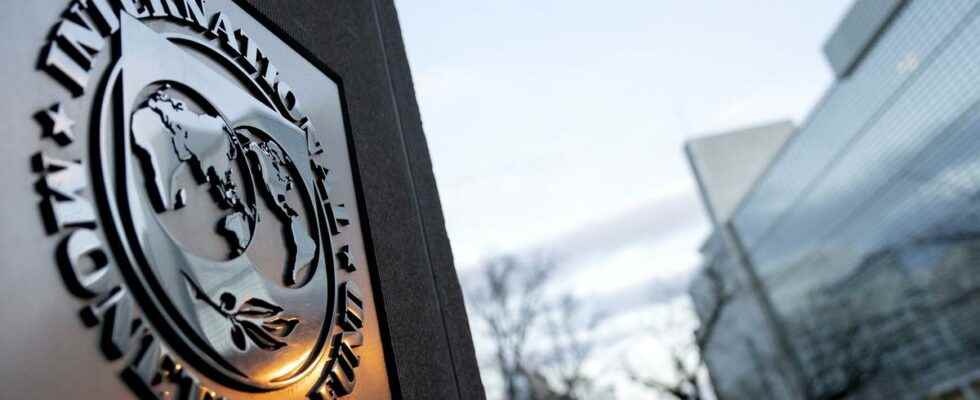Loan outstandings hit a record high this year, surpassing pandemic years.
The General Meetings of the International Monetary Fund (IMF) and the World Bank, which are taking place all week in Washington, open in an unprecedented climate of economic uncertainty and geopolitical tension. While the threats of recession are increasing in the world’s major economies, the energy and food crisis, a consequence of the war in Ukraine, inflation and interest rates are hitting the most vulnerable countries hard. On Friday, David Malpass, President of the World Bank, warned of the risk “of a fifth wave of debt crisis”.
The day before, Kristalina Georgieva, Managing Director of the IMF, estimated that a quarter of emerging countries and up to 60% of the poorest states could be confronted with it. It is already a reality: more and more desperate countries are knocking on the door of the IMF. Recently, Zambia and Ghana, but also Lebanon, Pakistan, Sri Lanka, Tunisia and Ethiopia. Commitments made for 2022…
